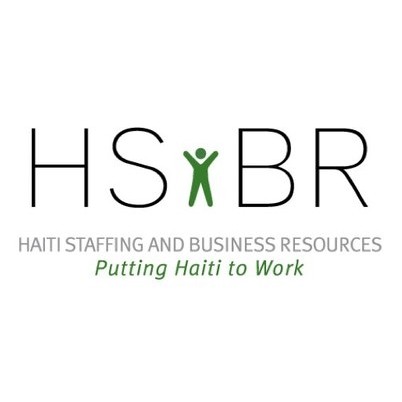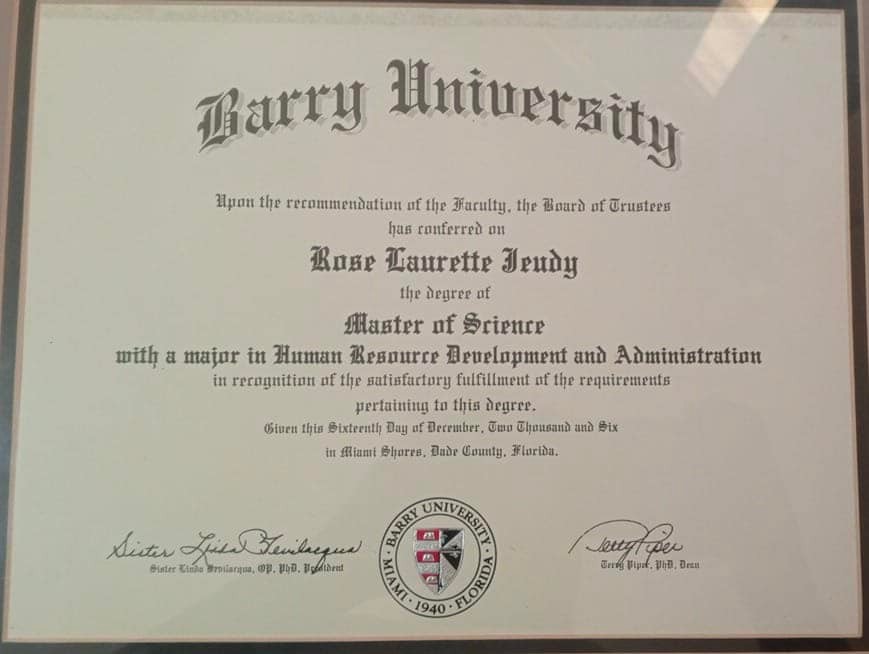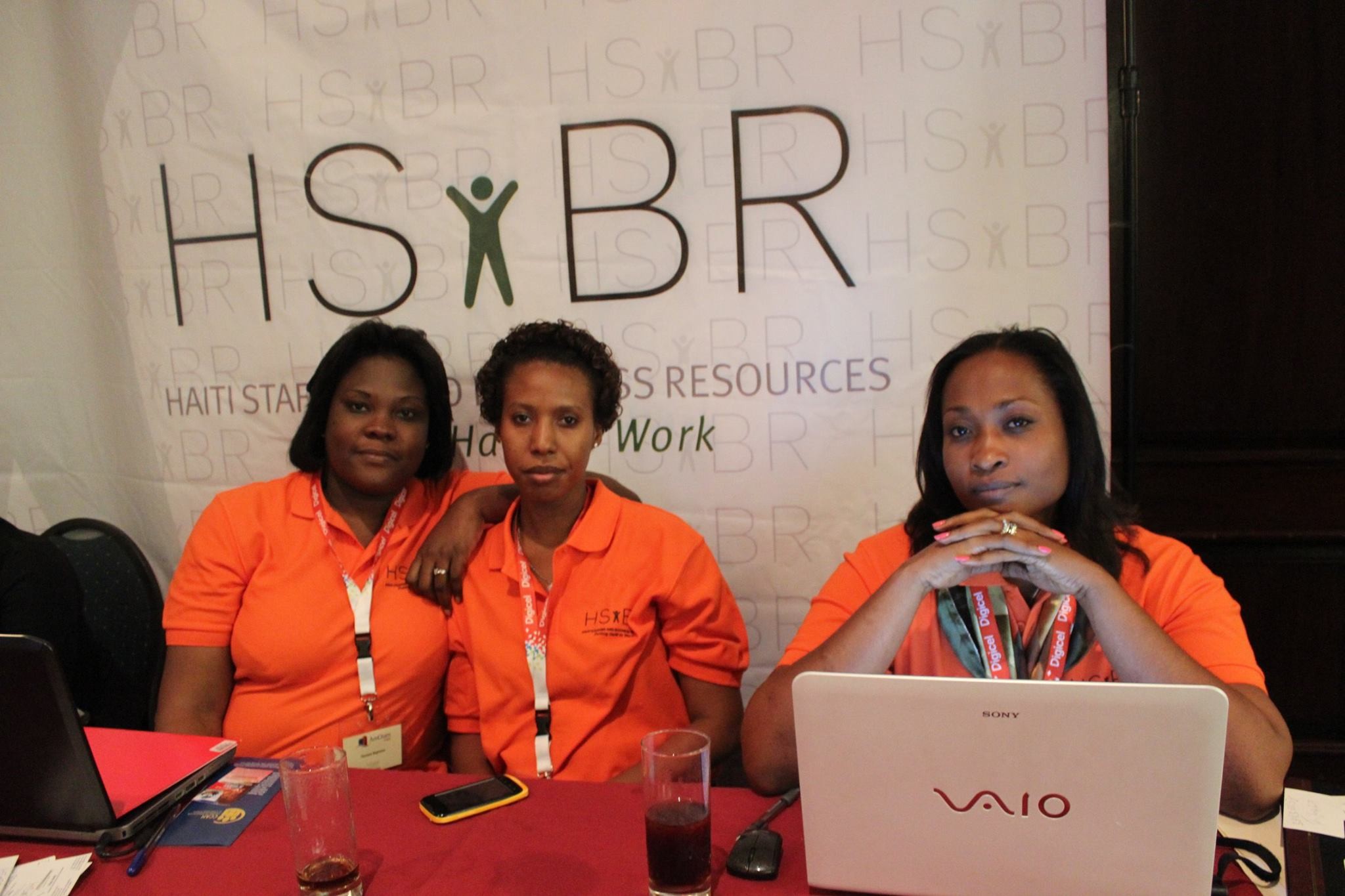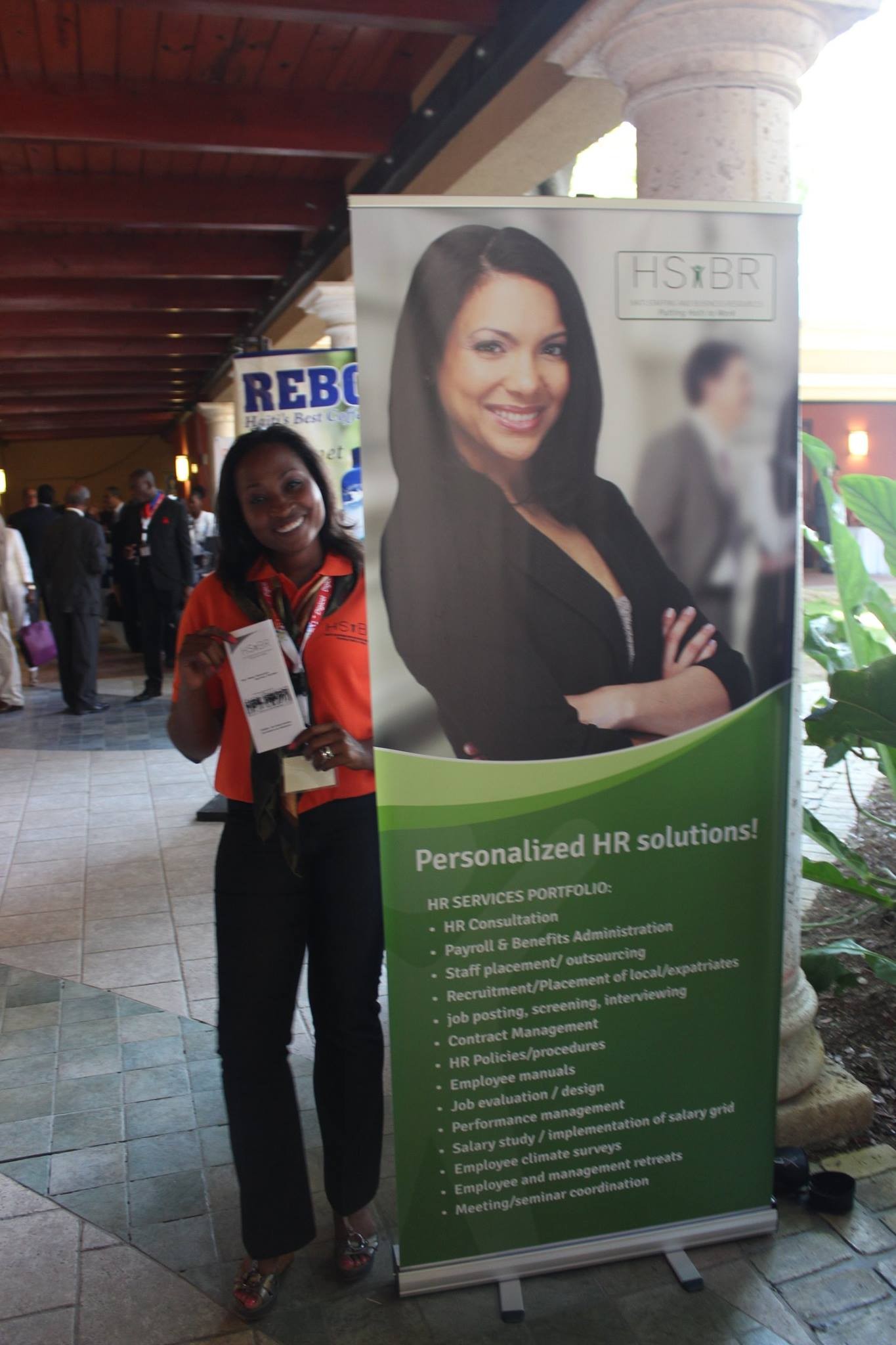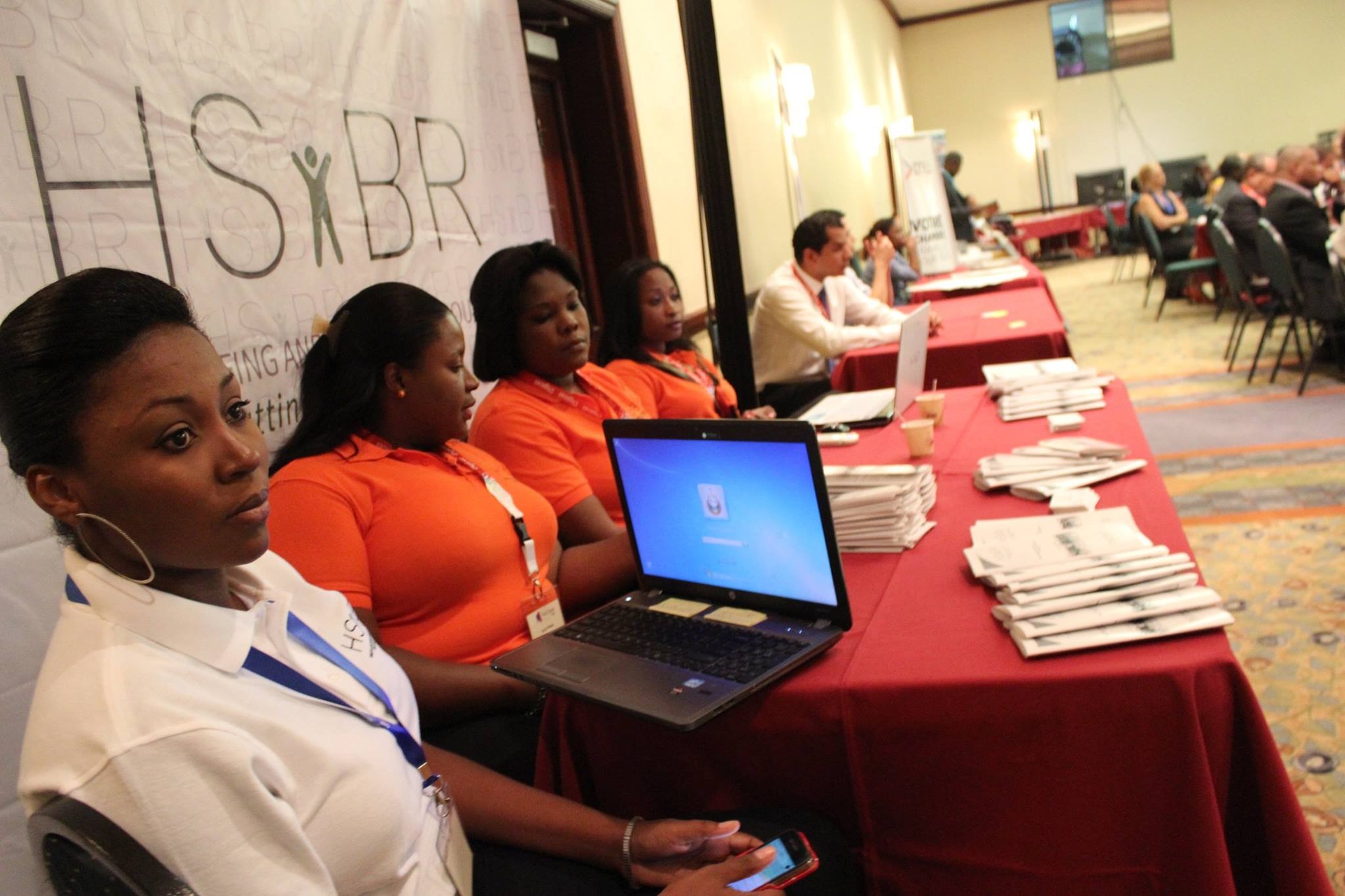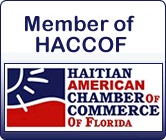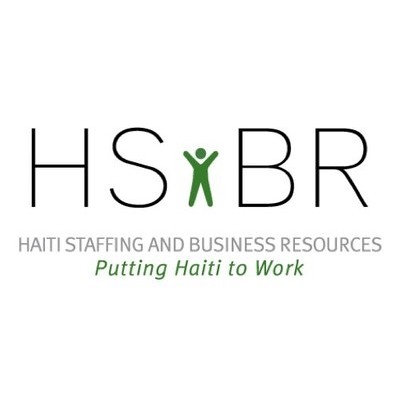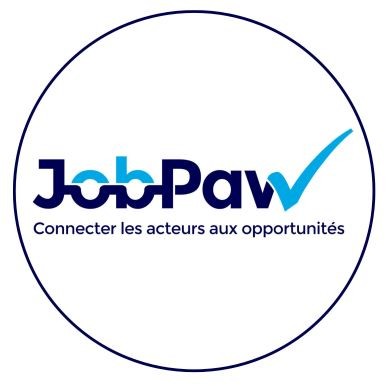"Putting Haiti to Work"
💼 Haiti Staffing & Business Resources (HS&BR)
Fondée en 2010 et basée à Pétion‑Ville, Haïti, HS&BR s’est imposée comme un acteur de premier plan dans le domaine du conseil en ressources humaines et du recrutement, au service des entreprises locales et des organisations internationales. Leur mission est de créer un lien efficace entre les candidats et les employeurs, contribuant ainsi au développement économique d’Haïti et à la structuration d’un marché de l’emploi plus équitable.
Depuis sa création, HS&BR met l’accent sur des solutions RH personnalisées, comprenant le recrutement, l’externalisation, la formation, l’élaboration de politiques internes et la gestion de la paie. Sa vision repose sur l’adéquation entre le talent et la culture organisationnelle, tout en élevant les standards des pratiques RH en Haïti.
Ce qui distingue HS&BR, c’est son leadership féminin, son réseau ancré localement mais ouvert sur l’international, et son engagement pour un recrutement équitable, la diversité et l’inclusion (y compris la diaspora et les personnes en situation de handicap). Contrairement à de nombreuses agences qui privilégient le volume ou les placements à court terme, HS&BR se démarque par des évaluations rigoureuses, des services RH complets et une expertise sectorielle (ONG, secteur privé, expatriés).
En résumé : HS&BR offre à ses clients des services de conseil stratégique en RH et de gestion opérationnelle du personnel, soutenus par des années d’expérience et un réseau de talents national et international. Sa force réside dans la combinaison de la connaissance du marché local et de cadres RH professionnels rarement égalés sur le territoire.
📋 Détails de l’entreprise
Emplacements des agences
-
49 Angle Rue Geffrard et Chavannes, Complexe Louverture, Pétion‑Ville, Ouest, Haïti.
-
66 W Flagler St, Miami, Floride 33130, USA (adresse secondaire / internationale).
Numéros de téléphone
-
+509 28 13‑7519
-
+509 29 41‑7519
-
+509 37 01‑7519
Adresses email
-
cv@hs‑br.com
-
info@hs‑br.com
-
rjeudy@hs‑br.com
Contact WhatsApp
-
Non vérifié publiquement
Horaires d’ouverture
-
Lundi – Vendredi : 08:30 – 17:00
-
Samedi : 09:00 – 13:00
-
Dimanche : Fermé
Personnes clés
-
Rose Jeudy – Présidente & cofondatrice ; Master en Ressources Humaines et Développement ; plus de 20 ans d’expérience en RH en Haïti et à l’international.
Produits et services
Principaux services
-
Recrutement : local, diaspora et expatriés, avec évaluations de compétences et de personnalité.
-
Externalisation du personnel : recrutement, intégration, paie et gestion administrative complète.
-
Paie et avantages sociaux : gestion complète des salaires pour employés locaux et expatriés.
-
Manuels et procédures RH : élaboration de guides internes et politiques d’entreprise.
-
Audit et conformité RH : évaluation des pratiques et respect du droit du travail.
-
Programmes de formation RH : droit du travail, recrutement, fidélisation, intelligence émotionnelle, leadership, diversité.
Get Job in Haiti - Rose Jeudy of Haiti Staffing and Business Resources explains what the current job market looks like in Haiti, and how you may be able to find a job.
Tags:
Haiti recruitment services Staff outsourcing Haiti Payroll administration Haiti HR consulting Haiti Hire workers Haiti from diaspora Services de recrutement Haiti Externalisation du personnel Haiti Agence de recrutement Haiti Gestion de la paie Haiti Externalisation du personnel Haiti Recrutement diaspora Haiti Gestion de paie en Haiti Conseil RH Haiti Conseil en ressources humaines Haiti Emploi diaspora haitienne Ajans anplwaye Ayiti Sous tretman personnel Ayiti Jere pewol Ayiti Konsey HR Ayiti Anplwaye ansanm dyaspora Ayiti
| info@hs-br.com | |
| Address | 49 Angle Rue Geffrard et Chavannes, Complexe Louverture, Pétion‑Ville |
| Phone | 509 28 13 7519,509 29 41 7519,509 37 01 7519 |
| Fax |


